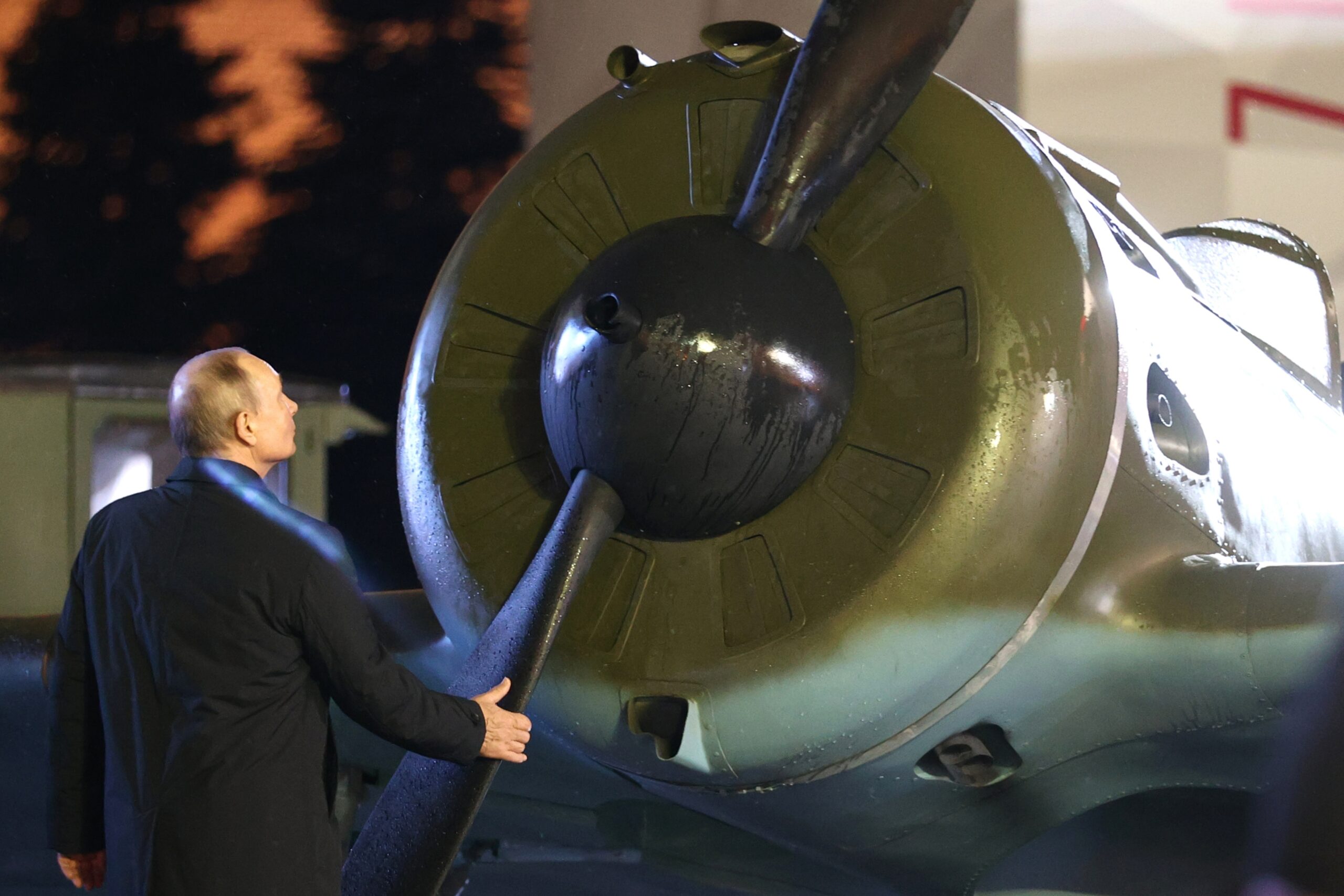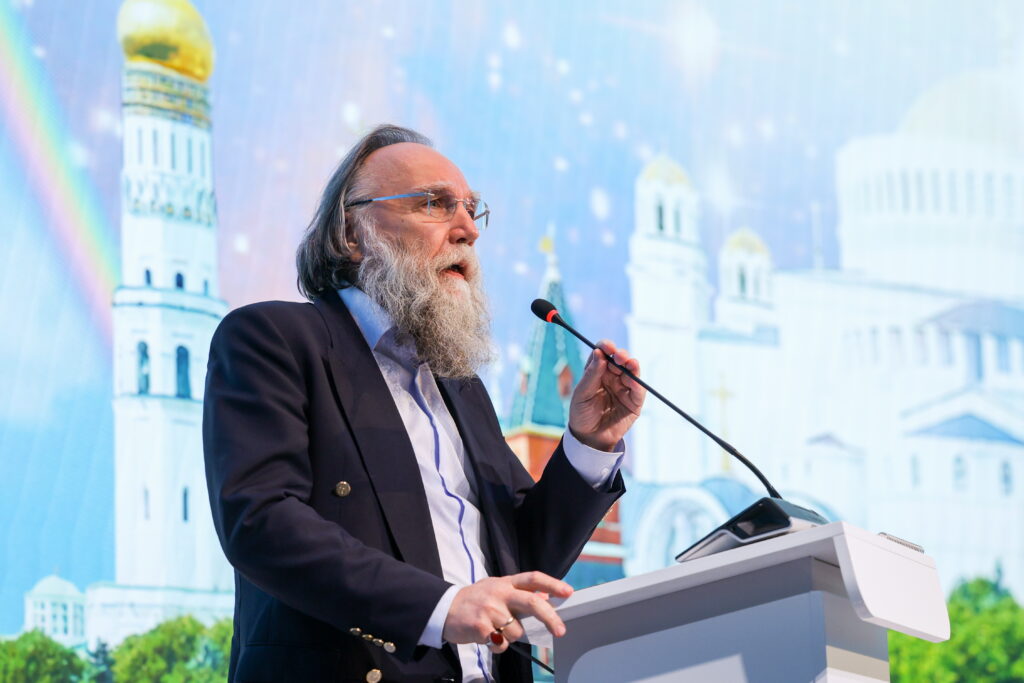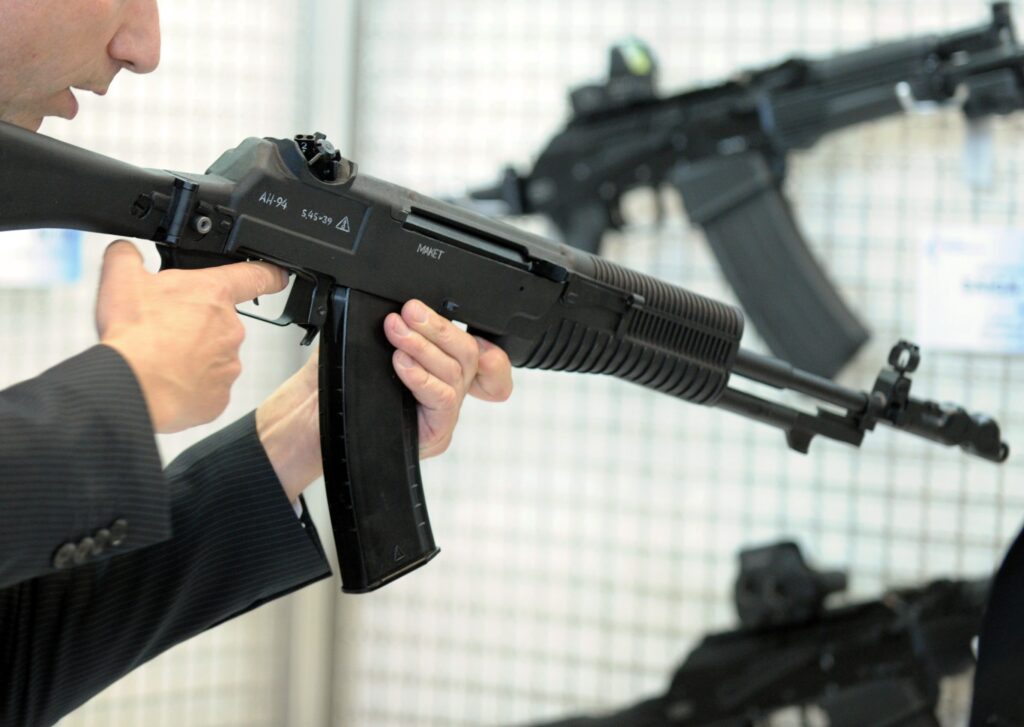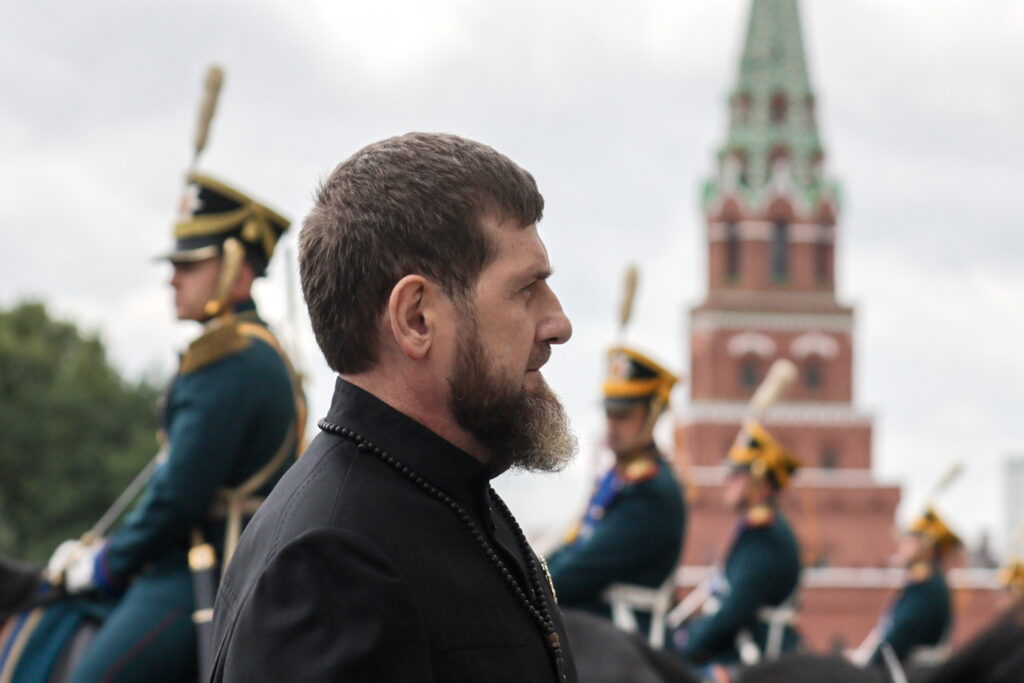Daniel Treisman, a renowned American political scientist and economist, has published an article in Foreign Affairs entitled ‘What Could Bring Putin Down? Regime Collapse Is More Likely Than a Coup‘. One subheadline is even more telling: ‘No coup for you’. The main conclusion of the article is clearly formulated in the title, but it is also fleshed out at the end: «Amid a general draining of confidence in Putin, a coup or revolution might not even be necessary to dislodge him. He might come to see his own safest option as fielding a more presentable candidate in the 2024 presidential election—or even sharing power before then.» I find this conclusion wrong, stemming from insufficiently robust reasoning.
In order to substantiate my point, I must look at the main arguments of Treisman’s article one by one. The substantive part of the article refers to academic research showing that military defeats do not always lead to the collapse of aggressive authoritarian regimes. Indeed, the main conclusion of Giacomo Chiozza and Hein Goemans’ book that Treisman mentions is that «Leaders who anticipate regular removal from office, through elections for example, have little to gain and much to lose from international conflict, whereas leaders who anticipate a forcible removal from office, such as through coup or revolution, have little to lose and much to gain from conflict.»
Treisman does not go into such detail and simply states that the likelihood of a dictator retaining power after a military defeat is quite high. This is illustrated by examples such as Saddam Hussein after the collapse of his Kuwaiti ‘adventure’, as well as numerous Arab autocrats who managed to retain power after disastrous defeats in wars with Israel. In fact, the shift to an argument based on examples blurs the fact that (unless we distinguish between different kinds of autocrats and their motives, as Chiozza and Goemans show) a military defeat increases the chances of a collapse in an authoritarian regime. There are numerous cases showing a direct causal link between the military defeat of a dictator and his loss of power. Suffice it to mention the fall of the ‘Black Colonels’ in Greece following the defeat in Cyprus or the collapse of the military regime in Argentina after the failure to take over the Falkland Islands.
However, if we turn to Chiozza and Goemans’ conclusions, as formulated, they seem to be consistent with Treisman’s approach. If we assume that Putin considers a coup or revolution to be the main threat to his power, then he could indeed expect to derive more benefit than harm from a military conflict, even if it ends in a defeat. Of course, Putin’s real calculations did not assume a defeat but, rather, a quick and complete victory in the battlefield. Himself or his advisers are unlikely to be familiar with the work by Chiozza and Goemans. But if they were, they would have found an additional scientific argument substantiating their actions. I cannot refrain from saying that such expectations would have failed the dictators in the Greek and Argentinian cases cited above. However, since historical examples can be used to substantiate any claim, I will not elaborate further on this point.
Rather, I see a problem in the logic that leads Treisman to his main conclusion. What I mean is that his suggestion of a possible way out for Putin, i.e. «fielding a more presentable candidate in the 2024 presidential election,» assumes that the Russian leader is guided by a motivation which is radically different from that of Latin American dictators. Indeed, if Putin considers it reasonable to nominate a ‘presentable’ candidate with a better chance of being elected in 2024, it means that he views the threat of electoral defeat as very real. As Chiozza and Goemans put it, he would fall into the category of «leaders who expect to leave power on a regular basis.»
We have absolutely no reason to expect Putin to fear such an outcome by 2024. Russian elections have long been set up in such a way that the incumbent holder of power simply cannot lose them. A positive outcome for Putin is guaranteed by a wide array of manipulation tools, from the complete closure of the electoral arena to all candidates who not fully controlled by the authorities, to the well-known peculiarities of voting and vote counting. In fact, if Putin had held a different view of his own electoral prospects, he would have had a stronger incentive to be cautious in foreign policy, even if he believed that the success of the Ukrainian operation was guaranteed. In February this year, however, Putin knew that no deterioration in the economic situation, even if the vast majority of Russia’s population were affected by the consequences of Western sanctions, would undermine his electoral prospects, since those prospects were unambiguous and predetermined.
Of course, it would be unfair to think that Treisman holds a naïve view of the possible outcome of Russian elections as they look now. The main thesis of Treisman’s article is that by the time Putin decides to voluntarily hand over power through elections, he will in fact have lost power, although he will still formally hold the presidential post. This wording of the question may seem paradoxical, but Treisman offers a rationale that does have its logic and needs to be discussed. Let me note that, as academic research has shown, power changes in autocracies may occur through elections, but under such conditions the dictator has usually already agreed to give up power under the pressure of some insurmountable circumstances. Under these conditions, the prospect of losing an election looks preferable to scenarios involving a loss of power through force.
According to Treisman, Putin’s de facto loss of power may be due to a process which he calls ‘regime collapse’ in the title of his article, although the text more frequently uses the word ‘meltdown’. The main characteristics of the meltdown, as enumerated by Treisman, are discussed below. Firstly, he remarks (and quite rightly so) that the Russian system of government is highly centralised. The performance of such systems, as Treisman observes, may be ‘tolerable’ under stable conditions, but they fail in crisis, posing the threat of a loss of control. Secondly, as Treisman writes, in order to hold on to power, a dictator must continually project strength. If the dictator loses this ability, it leads to «foot-dragging, inaction, and ultimately desertion» on the part of regime supporters.
I see no good reason to believe that the malfunctioning of the official machinery and the disloyalty among some members of the regime should be equated with an actual loss of power. North Korea, with its monstrous failures of governance and notorious defections of high-ranking officials, including even a prominent member of the ruling family, shows that a personalist dictatorship can survive such complications without much difficulty. However, this is not the main problem with Treisman’s logic. The problem is that there is no convincing description of the mechanism by which a collapse would lead to regime change. What is going to happen in the ‘black box’ between the processes highlighted by Treisman and Putin’s decision to relinquish power?
Treisman identifies several signs of crisis, some of which are already present, and others that are hypothetical (inter-factional struggles in the Kremlin, economic protests, a growing autonomy of players in regional governance and business, Putin’s shrinking personal popularity), but these processes are not and cannot become the drivers of power change. As a matter of fact, only one of them, i.e. mass protests, if nationwide and political in nature, can be seen as a threat to Putin’s personal power. However, Treisman acknowledges that modern dictatorships have all the resources to prevent such threats by force, and there is no reason to see contemporary Russia as an exception.
Treisman’s further logic leading to his main conclusion is not entirely clear, but it can probably be explicated as follows: while each element of a meltdown is not sufficient for regime change, all of them taken together could give enough momentum to effectively strip Putin of power and induce him to formally hand it over through elections. In Treisman’s view, Putin could make such a decision voluntarily, without a coup d’état or even the threat of such a coup.
I believe that Treisman’s arguments, as recounted above, do not provide sufficient basis for such a conclusion. Moreover, the logic of developments may turn out to be quite the opposite. The more serious the signs of collapse, i.e. the partial loss of control over individual political and societal processes, the stronger the incentives for Putin to retain supreme power as the institute of last resort, the main veto player in the system.
Furthermore, the fragmentation of the ruling class foreseen by Treisman would create an additional need for the presence of such a player within it, because otherwise there would be a situation of uncertainty, potentially threatening each faction. Besides, it should not be overlooked that relinquishing power—even if it were to be handed over to a successor chosen by Putin himself—would be an extreme operation for Putin himself, entailing risks to his power, well-being and even life, without any guarantee that such risks can be neutralised.
In this situation, the real mechanism for power change could precisely lie in a coup d’état, whereas Treisman’s argument boils down to negating such a possibility. This kind of development would not necessarily lead to a transition from authoritarianism to democracy, even in the long term, but it would be a natural development in a situation where a veto player who has lost power is replaced by a more effective persona, better suited to the needs of the ruling class.
Treisman’s argument against the possibility of a coup boils down to saying that Russia’s security agencies are fragmented and incapable of a coordinated action that would make a coup easily achievable or even painless. I cannot but totally agree with this claim. However, fully coordinated action by security agencies, such as the 1973 coup in Chile, is only one possibility. The fragmentation of security structures increases the likelihood of uncoordinated action by individual players, where one of them wins the confrontation and removes the incumbent leader, even in situations where each group declares allegiance. This was the basic pattern of the ‘double coup’ that took place in Indonesia in 1965, where President Sukarno, ostensibly defended by both opposing military factions, eventually lost power.
I would not like to go into further details of such scenarios, which would take us far away from the discussion of Treisman’s article. In conclusion, let me say that like every other content published in Foreign Affairs, this article is a push for policy implications. To the extent that Treisman addresses Western audiences, his basic message is simple and boils down to the fact that the outcome of a military conflict, whatever it may be, will not prejudge the fate of the Russian regime. The significance of this conclusion is quite transparent, but I will leave it without comment. However, to the extent that Treisman’s argument can be received in Russia, it suggests that those factions within the Russian ruling class who are disgruntled about Putin’s actions (or at least have the potential for such disgruntlement), do not need to take any action to oust him. A change of ruler as a result of a collapse could turn out to be automatic. This is an idea that I find not only to be insufficiently grounded scientifically, but also quite damaging politically.









